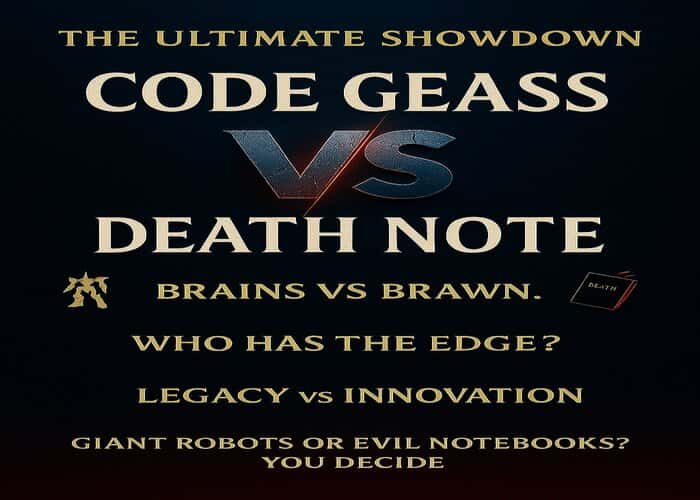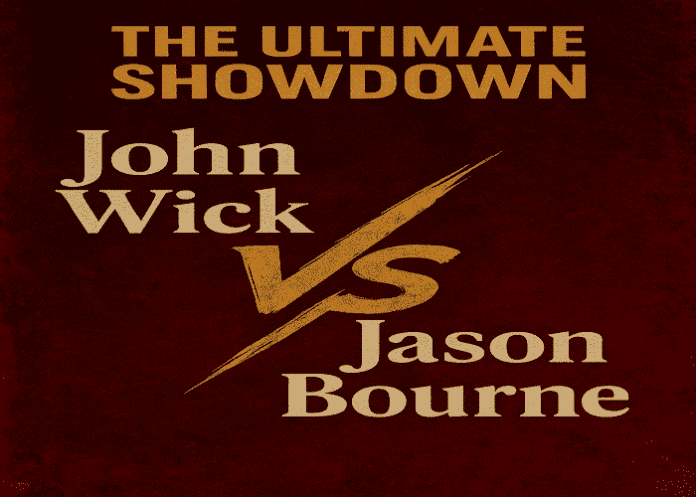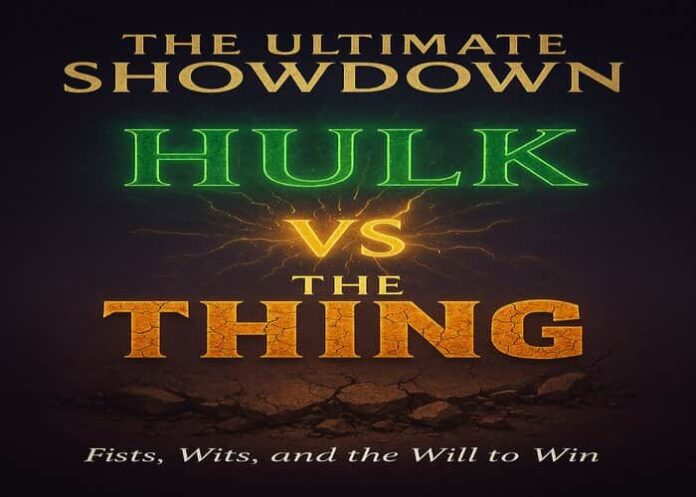
Alright, anime fans, buckle in. Two shows that fans still argue about like it’s politics at the dinner table: Code Geass and Death Note. Both legendary. Both mind-bending. Both with protagonists who’d probably cheat at Monopoly. But they go about their greatness very differently. One is sprawling, explosive, full of robots and rebellion. The other? Tight, paranoid, like watching a genius try to strangle the world with a notebook. Let’s unpack.
Worldbuilding and Scope
Code Geass? Huge stage. Empires clashing, rebellions rising, Britannia stomping around like it owns the globe. Layers of politics, culture, and tech. It feels epic because it is epic.
Death Note? Nope, not here. It deliberately shrinks the playing field. Most of it happens in Tokyo, in tiny rooms where people eat cake suspiciously. But that tightness isn’t a weakness. It mirrors Light’s psychological isolation, the cage he builds for himself, and that suffocating moral claustrophobia. You’re trapped in there with him. Uncomfortable? Good. That’s the point.
Characters and the Cast
Code Geass has an army of characters. Lelouch might be the star, but Suzaku, C.C., Kallen, Jeremiah (orange boy forever), Schneizel,they all have weight. Everyone has baggage, motives, betrayals. It’s messy, but gloriously so.
Death Note feels like the Light vs L showdown, sure. But don’t dismiss the rest. Misa isn’t just comic relief,her obsessive loyalty adds twisted depth. Near and Mello? They’re not “diet L,” they’re L’s legacy split in two. Logic vs chaos. Succession vs rebellion. They complicate Light’s endgame, which matters a lot. So yes, it’s tighter, but still textured.
Action, Visuals, and Style
Code Geass goes full Michael Bay sometimes. Mecha fights, explosions, strategy layered with style. Giant Knightmare Frames flipping like Olympic gymnasts. Plus the chess motifs, masks, and those famously lanky CLAMP designs. Stylish, bold, maybe even a bit extra.
Death Note mostly stays in the mental battlefield. Writing names, mind games, strategy traps,it’s psychological action dialed up to eleven. But don’t forget, it does throw in physical bits: Light and L’s scuffle, Mello’s raids, even Near’s confrontations. It’s not all sitting at desks. Still, the tension’s in the invisible battles, the kind where silence is louder than gunfire.
Emotional vs Philosophical
Code Geass rips into your heart. Euphemia’s tragedy? Shirley’s arc? The Zero Requiem? Ouch. It mixes rebellion with gut-punch emotion, making you care deeply while questioning the cost of change.
Death Note plays it cool. It’s emotionally restrained, but not emotionless. You feel the dread, the weight of Soichiro’s desperation, the heartbreak of L’s death, the collapse of Light’s empire. It’s tragedy in a colder key, more about moral discomfort than teary-eyed sobbing.
One stirs emotions openly, the other makes you uneasy on purpose. Both hit, just differently.
Pacing and Structure
Code Geass season one? Addictive. Cliffhangers every episode, twists galore. R2 though? Chaotic, yeah. Tonal whiplash from mecha war to school comedy. But let’s be real,it still lands with the Zero Requiem, which is payoff city.
Death Note starts perfect. That first half? A masterclass in tension. After L’s death though, the energy dips. Fans are split,some love the Near/Mello arc, others think it overstays its welcome. But the setup to Light’s downfall still ties it up.
Premise Execution
Death Note shines because its rules are razor-sharp. Every trap feels earned. It’s like a Sudoku puzzle mixed with a heart attack.
Code Geass isn’t sloppy though. The Geass has rules,eye contact, one-time use, limits. And misuse backfires spectacularly (hi, Euphemia). It’s more flexible than the Death Note, sure, but still tied to themes of coercion and control. Less airtight logic, more high-drama fuel.
Themes and Depth
Both dive into power and morality, but the angles differ.
Death Note goes narrow and deep. Justice, corruption, the intoxicating nature of absolute power. It drills straight down until you’re in the moral basement.
Code Geass spreads wide. Rebellion, sacrifice, redemption, politics, identity, family ties,it’s a buffet of sociopolitical debate. Messier, but richer in scope.
Music and Rewatch Value
Code Geass? Soundtrack’s diverse. Bombastic war tracks, haunting piano, openings you can’t get out of your head.
Death Note? Dark, operatic, brooding. But it’s polarizing. Some fans think it’s genius, others think it’s a bit too “church choir in a horror movie.”
Rewatching? Code Geass is rewarding thanks to foreshadowing and layered politics. Death Note holds up too, but once you know the twists, it’s more like appreciating the clever puzzle from a distance.
Reception and Accessibility
Death Note is the poster child for gateway anime. Simple to pitch, easy to follow, universally gripping.
Code Geass is surprisingly accessible too,hooking fast with its premise and Lelouch’s charisma. The mecha-politics-school blend can feel chaotic, but honestly? Most people get sucked in quick.
Endings and Legacy
Death Note’s finale reasserts moral order. Evil genius rises, but justice (in some form) prevails. Neat, brutal, final.
Code Geass’s ending? Oh boy. The Zero Requiem is bold, emotional, and ambiguous. Did Lelouch die as a demon or live as a legend? Fans still argue like it’s religion. And that’s part of why it lives on.
Who Wins?
So what’s the verdict?
Code Geass slays in spectacle, ensemble cast, emotional payoff, layered politics, and rewatch value.
Death Note dominates in premise execution, tension, atmosphere, philosophical drilling, and accessibility.
But really? It’s not Coke vs Pepsi. It’s Coke vs Coffee. You choose based on whether you want an adrenaline rush or a brain-ache in the best way.
Final Thought
Both are masterpieces, just tuned differently. One takes you on a global rebellion with mecha fireworks, the other traps you in a suffocating duel of intellects. They don’t cancel each other out,they show how broad anime storytelling can be.
So, which is better? Depends on your poison. You want operatic rebellion and tears? Code Geass. You want icy tension and moral philosophy? Death Note.
Or do the smart thing. Watch both. Then argue about them until 3 a.m. on Reddit.
Key Points
- 🌍 Worldbuilding Contrast
Code Geass builds an alternate reality that’s huge, messy, and full of rebellions, empires, and political drama. Feels like Risk the board game but with giant robots.
Death Note? Nah, it locks you in Tokyo, in rooms where people glare at each other and eat cake suspiciously. That tight scope is on purpose, though,it mirrors Light’s isolation and the suffocating weight of his choices. - 🎭 Protagonist Focus
Death Note is basically Light vs L, brain vs brain, notebook vs cake.
Code Geass spreads the spotlight. Lelouch leads, but Suzaku, C.C., Kallen, and the rest crash the stage with their own motives. It’s an ensemble cast where everyone’s got skin in the game. - ⚔️ Action Style Difference
Code Geass = high-speed mecha battles, strategies on the fly, dramatic standoffs. Explosions, lasers, chess metaphors, the works.
Death Note = mostly mind games. Psychological warfare, traps, logic bombs. Sure, there are scuffles and raids, but the real fight is invisible. - 💔 Emotional Tone
Code Geass wants you to cry, shout, gasp, and probably throw your popcorn at the screen. Tragedy and sacrifice everywhere.
Death Note plays it cold and calculated, but still tragic. It doesn’t tug at your heartstrings as much as it chills your bones with dread and moral discomfort. - ⏳ Narrative Pacing
Code Geass thrives on cliffhangers. One minute it’s war, the next it’s high school comedy. Chaotic, yes, but that chaos pays off with the Zero Requiem.
Death Note starts as one of the most suspenseful thrillers ever, then slows after L’s death. Divisive, but the finale still delivers Light’s downfall with impact. - 📜 Power Systems
Death Note’s rules are airtight, logical, and fuel every twist. Write a name, set a time, watch it happen.
Geass is rule-bound too,eye contact, one-time use,but more flexible. Sometimes it backfires horribly, and that messiness ties directly into its themes of control and coercion. - 🧠 Thematic Scope
Death Note is laser-focused: justice, corruption, the lure of absolute power. It drills deep, like a philosophy seminar gone rogue.
Code Geass goes broad: rebellion, redemption, politics, family, identity. It’s less precise, more buffet-style,lots of ideas on the table at once. - 🎨 Visual and Musical Style
Code Geass = flashy CLAMP designs, long legs, dramatic mecha action, and an emotional soundtrack that swings from battle anthems to haunting piano.
Death Note = minimalist visuals, shadows, noir atmosphere, and a soundtrack that’s both haunting and, for some fans, hilariously over-the-top with its operatic flair. - 🌐 Cultural Reach
Death Note is the definition of gateway anime. Easy to explain, easy to hook newcomers. “Guy finds notebook that kills people” and boom, you’ve got viewers.
Code Geass is more layered, but don’t sleep on it. The premise hooks fast, Lelouch’s charisma does the rest, though the mix of mecha and politics can throw some beginners. - 🏁 Endings
Death Note ends by reasserting moral order,Light’s empire collapses, justice reclaims the board. Brutal but tidy.
Code Geass drops the Zero Requiem, one of anime’s most debated finales. Did Lelouch die? Did he live? Was he a villain or a savior? Fans still fight about it online like it’s a sport.
Fun Facts
- Lelouch’s early concept art almost gave him white hair. Imagine him looking like an edgy anime Gandalf.
- “Geass” comes from the Irish word “geas,” meaning magical vow. So yes, it’s fancy Celtic sorcery.
- Jeremiah Gottwald (aka “Orange-kun”) is the only character with orange eyes. Fitting nickname, no?
- C.C.’s contract with a nun gave her immortality. Not exactly your Sunday school nun.
- The ATB calendar stands for Ascension Throne Britannia. Worldbuilding flex.
- Schneizel’s manipulative traits resemble CLAMP’s other characters. Stylish schemers are kinda their thing.
- Nina Einstein’s name hints at Albert Einstein. Yep, she’s tied to themes of science and morality.
- Suzaku and Genbu are names pulled from Chinese mythology. Geass loves its symbolism.
- Spin-offs reimagine characters in alternate histories. Like Geass fanfiction but official.
- Multiple manga, games, and films expand the lore, some exploring “what if” timelines.
- Lelouch’s English voice is Johnny Yong Bosch, aka Ichigo from Bleach. Suzaku? Troy Baker. Star-studded cast.
- The Zero Requiem twist is still praised as one of anime’s most unforgettable finales.
- Light Yagami was designed as the anti-shonen hero. He’s basically the dark side of “power fantasy.”
- Apples in the show symbolize temptation, like Adam and Eve. Ryuk just happens to love snacks.
- Writing names was staged like a life-or-death action scene. Who knew pen strokes could feel like explosions.
- The notebook rules were crafted with insane detail, so fans couldn’t poke holes. Well, mostly.
- Light vs L is one of anime’s most iconic rivalries. Pure obsession and intellect clashing.
- Academics use Death Note to discuss ethics and justice. Imagine writing a paper on Light instead of Shakespeare.
- It spawned Japanese live-action films and even an American Netflix remake. Yes, that remake. Opinions still divided.
- Both Death Note and Code Geass continue to fuel “what-if” debates online. Like, endlessly. Fans never rest.

